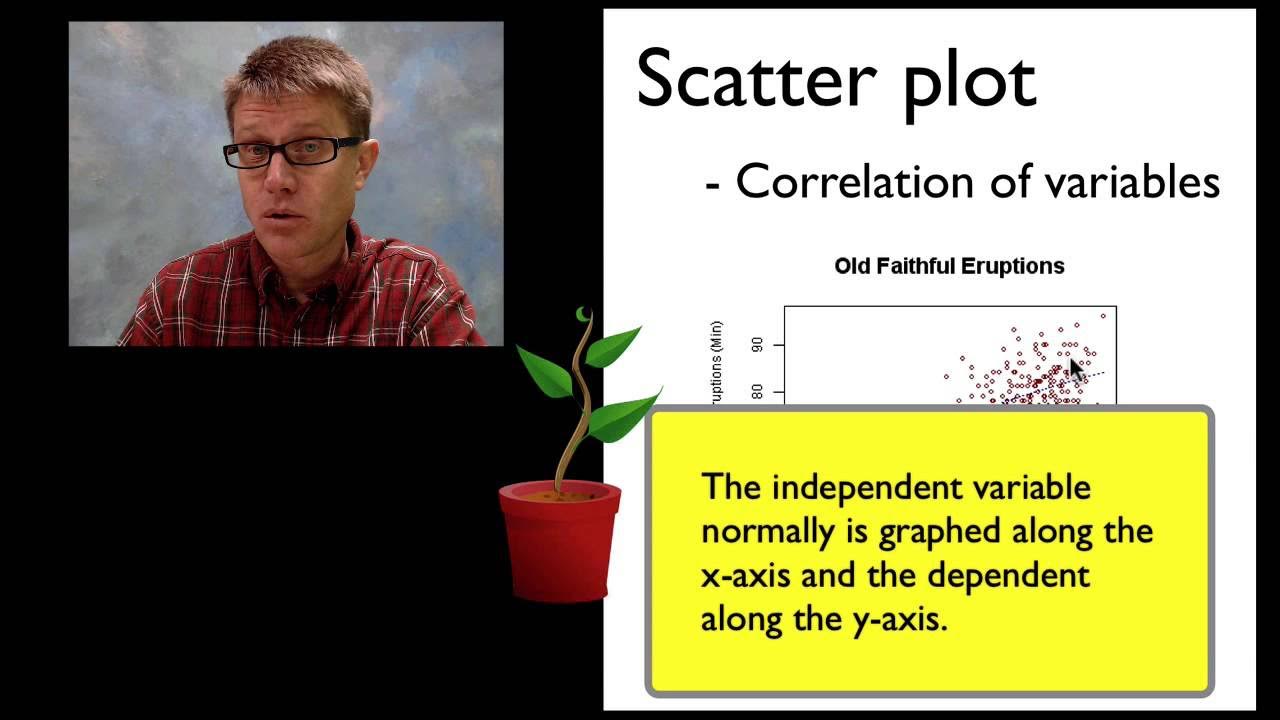5 Common Pitfalls of Self-Taught Pianists | Piano Lesson
Summary
TLDRIn this video, Jazer highlights five common pitfalls that self-taught pianists often face and provides solutions to help overcome them. The issues discussed include poor technique, poor rhythm, weak finger independence, poor sight-reading, and ineffective practice methods. Jazer offers practical tips such as improving finger posture, using a metronome, learning to read sheet music, practicing efficient fingerings, and adopting smarter practice routines. By addressing these challenges, pianists can progress more effectively and avoid the limitations of self-teaching, ensuring better control, precision, and enjoyment in their piano playing journey.
Takeaways
- 😀 Self-teaching piano can be an effective way to learn basic concepts like chords, scales, and music theory, but progressing to complex pieces requires guidance from a teacher or mentor.
- 😀 Tension in the arms and hands is a common issue among self-taught pianists, which can hinder fluid playing. It's important to relax and practice proper hand positioning.
- 😀 Finger independence is crucial for smooth and efficient piano playing. Exercises that challenge individual fingers, like holding down other notes while playing one, help build this skill.
- 😀 Poor technique becomes ingrained over time, making it difficult to correct later. Regular practice with proper form is necessary to avoid bad habits.
- 😀 Playing with slightly curved fingers, keeping the wrist in a neutral position, and staying close to the keyboard can reduce tension and improve overall technique.
- 😀 Self-taught pianists often struggle with rhythm and counting, leading to uneven playing. Using a metronome can help maintain a steady tempo and improve timing.
- 😀 The Soundbrenner metronome watch offers a tactile feedback experience, vibrating on your wrist to help you feel the beat and stay on track during practice.
- 😀 While Synthesia can be useful for quick learning and motivation, it doesn't teach you to read sheet music or develop proper fingering techniques, which are vital for long-term progress.
- 😀 Regularly reading sheet music, even for short periods, is essential for developing sight-reading skills and advancing beyond basic pieces.
- 😀 Using inefficient fingering can make playing more difficult and less comfortable. Following fingerings suggested in music scores ensures smoother and more efficient playing.
- 😀 Practicing efficiently is key to progress. Focus on small sections, practice them repeatedly (at least seven times), and gradually build up speed as you master each part.
Q & A
Why is learning piano from the internet a good option for beginners?
-The internet provides a vast amount of resources, allowing beginners to self-teach chords, scales, basic music theory, and download sheet music. It allows for immediate access to learning materials and can be a great option if playing for fun.
What are the main drawbacks of self-teaching piano without a teacher?
-Self-taught pianists often face issues like poor technique, poor rhythm, poor sight-reading skills, inefficient fingering, and incorrect practicing methods. These issues may limit progress and make it harder to learn more complex pieces.
What is the importance of finger independence in piano playing?
-Finger independence is crucial because it allows each finger to move freely and control different notes simultaneously. Lack of finger independence can make playing complex pieces difficult, as weak fingers affect the performance of other fingers.
What is a common physical issue self-taught pianists face when playing the piano?
-A common issue is excessive tension, particularly in the forearms. This can result in stiff, unfluent playing, as the pianist subconsciously tenses their muscles while trying to manage the complexity of playing with ten fingers.
What are some practical tips for improving piano technique?
-To improve technique, it's recommended to play with slightly curved fingers, keep the wrist at a neutral height (not too high or low), and stay close to the keyboard to maintain control while playing.
How can a metronome help with rhythm and timing?
-A metronome helps pianists stay on beat by providing a steady click at a set tempo. It ensures that the pianist maintains a consistent rhythm, preventing the tempo from speeding up or slowing down unintentionally during practice.
What is Synthesia, and why is it problematic for self-taught pianists?
-Synthesia is a visual piano learning tool that shows notes coming down the screen. While it can help beginners learn quickly, it doesn’t teach proper sheet music reading or finger technique, leading to limitations in progressing to higher levels of piano playing.
Why is reading sheet music important for pianists?
-Reading sheet music is essential for long-term development in piano playing. Without this skill, pianists may hit a ceiling in their progress, as they won't be able to fully understand and perform music written by others, limiting their overall musical growth.
What is the difference between poor and good fingering in piano playing?
-Poor fingering often involves inefficient hand positions that make playing more difficult. Good fingering uses the most efficient fingers for each note, reducing strain and making the music sound more fluid. Proper fingering also prevents injury over time.
What is the recommended method for practicing piano efficiently?
-A recommended practice method is to break down pieces into smaller sections and repeat each section seven times. This allows the pianist to master each segment fully before moving on, ensuring better retention and reducing the likelihood of forgetting earlier parts of the piece.
Outlines

هذا القسم متوفر فقط للمشتركين. يرجى الترقية للوصول إلى هذه الميزة.
قم بالترقية الآنMindmap

هذا القسم متوفر فقط للمشتركين. يرجى الترقية للوصول إلى هذه الميزة.
قم بالترقية الآنKeywords

هذا القسم متوفر فقط للمشتركين. يرجى الترقية للوصول إلى هذه الميزة.
قم بالترقية الآنHighlights

هذا القسم متوفر فقط للمشتركين. يرجى الترقية للوصول إلى هذه الميزة.
قم بالترقية الآنTranscripts

هذا القسم متوفر فقط للمشتركين. يرجى الترقية للوصول إلى هذه الميزة.
قم بالترقية الآنتصفح المزيد من مقاطع الفيديو ذات الصلة
5.0 / 5 (0 votes)






